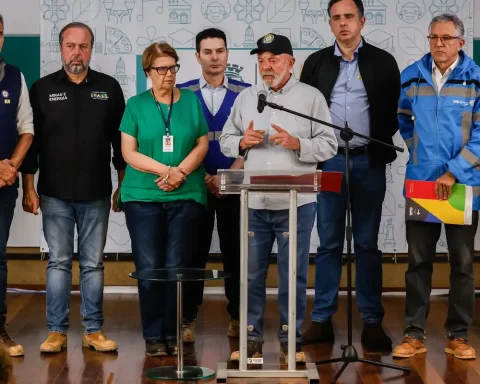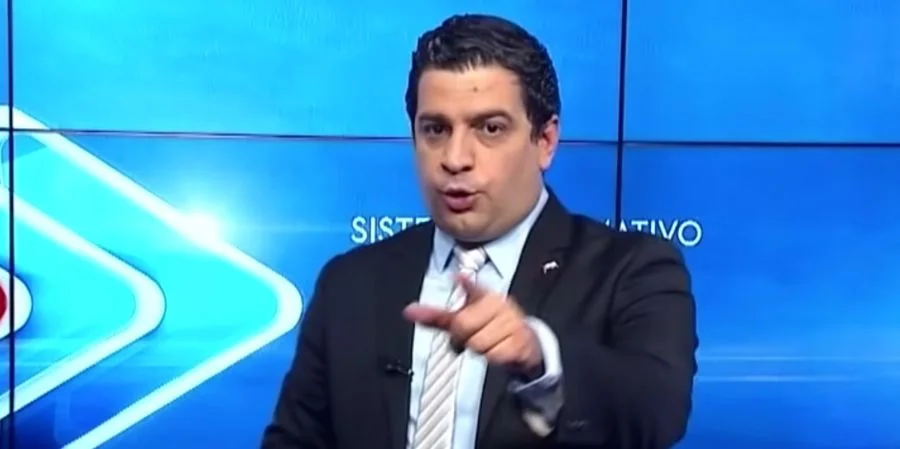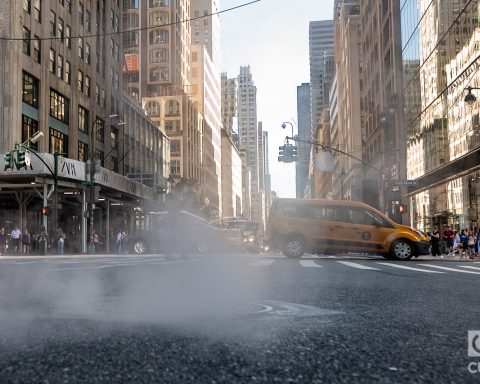The image of the caramel horse, islanded on the roof of a house in Canoas, Rio Grande do Sul, in May last year, moved the country and was a symbol of the suffering of animals in disaster scenarios. The scene was remembered on Wednesday afternoon (5), by deputies in plenary, before approving the Bill 2,950/19, which establishes a policy of protection and rescue of animals affected by accidents, emergencies and disasters. 

With approval in the House of Representatives, the bill will now be appreciated in the Senate. In practice, the idea is to promote reception and management of animals rescued in critical scenarios, such as last year’s rains in Rio Grande do Sul.
The legislation aims to force sectors that develop activities that can degrade the environment to adopt measures to protect animals.
The project also provides for the application of the penalties provided for in the Environmental Crimes Law to the entrepreneur who fails to comply with protection measures. The indicated punishment is detention from three months to one year, as well as a fine for those who perform acts of abuse or mistreatment, hurt or mutilate animals.
Protection
In the plenary, the rapporteur of the article, Deputy Marcelo Queiroz (PP-RJ), stressed that disasters can reach endangered species and even generate loss of income sources from communities that depend on production animals.
In addition, Queiroz recalled that the loss of a pet can aggravate the psychological trauma caused by the environmental tragedy.
Therefore, the deputy defended the typification of the crime for those responsible for the disasters. “The proposals deserve to be welcomed in view that they are based on the constitutional principles that govern fauna protection,” he said.
Consensus
The proposal gained support and favorable speeches of parliamentarians from different parties. Deputy Chico Alencar (PSOL-RJ), for example, emphasized that disasters, called “natural”, are actually provoked by human action “in the form of land occupation, ambition and greed”.
In the same line, Deputy Bibo Nunes (PL-RS) recalled that in the past there was no due consideration of animals. “This security support for the lives of animals is essential, which today live in the lives of all of us,” he said.
Deputy Tadeu Veneri (PT-PR) recalled that there is an estimated that, in Brumadinho, Minas Gerais, at least 20,000 animals were buried in the breakup of a Mineant Vale tailings dam in 2019. “The same situation, in 2020, in the Pantanal, there were 17 million animals killed [durante as queimadas]”He added.

















